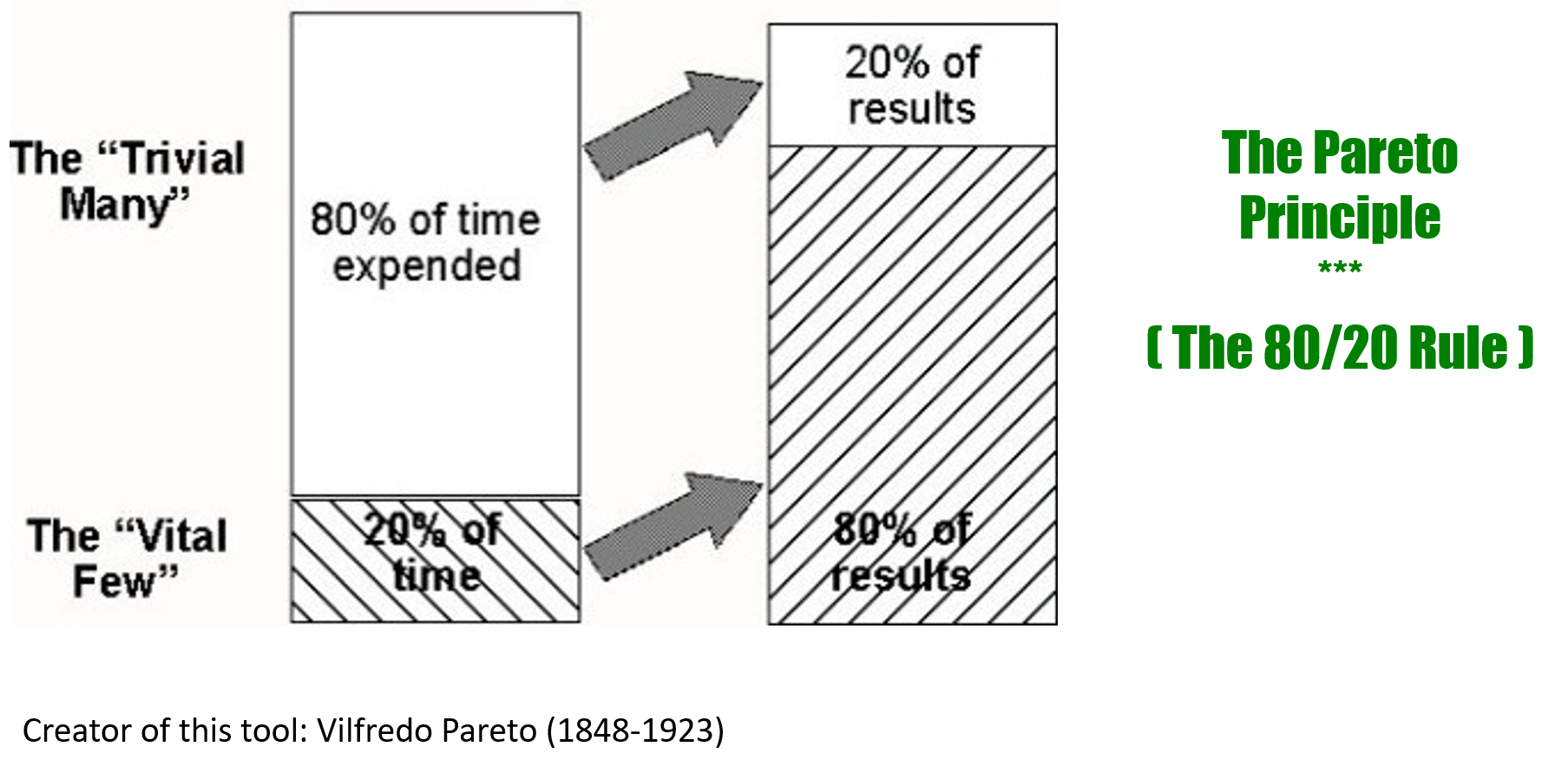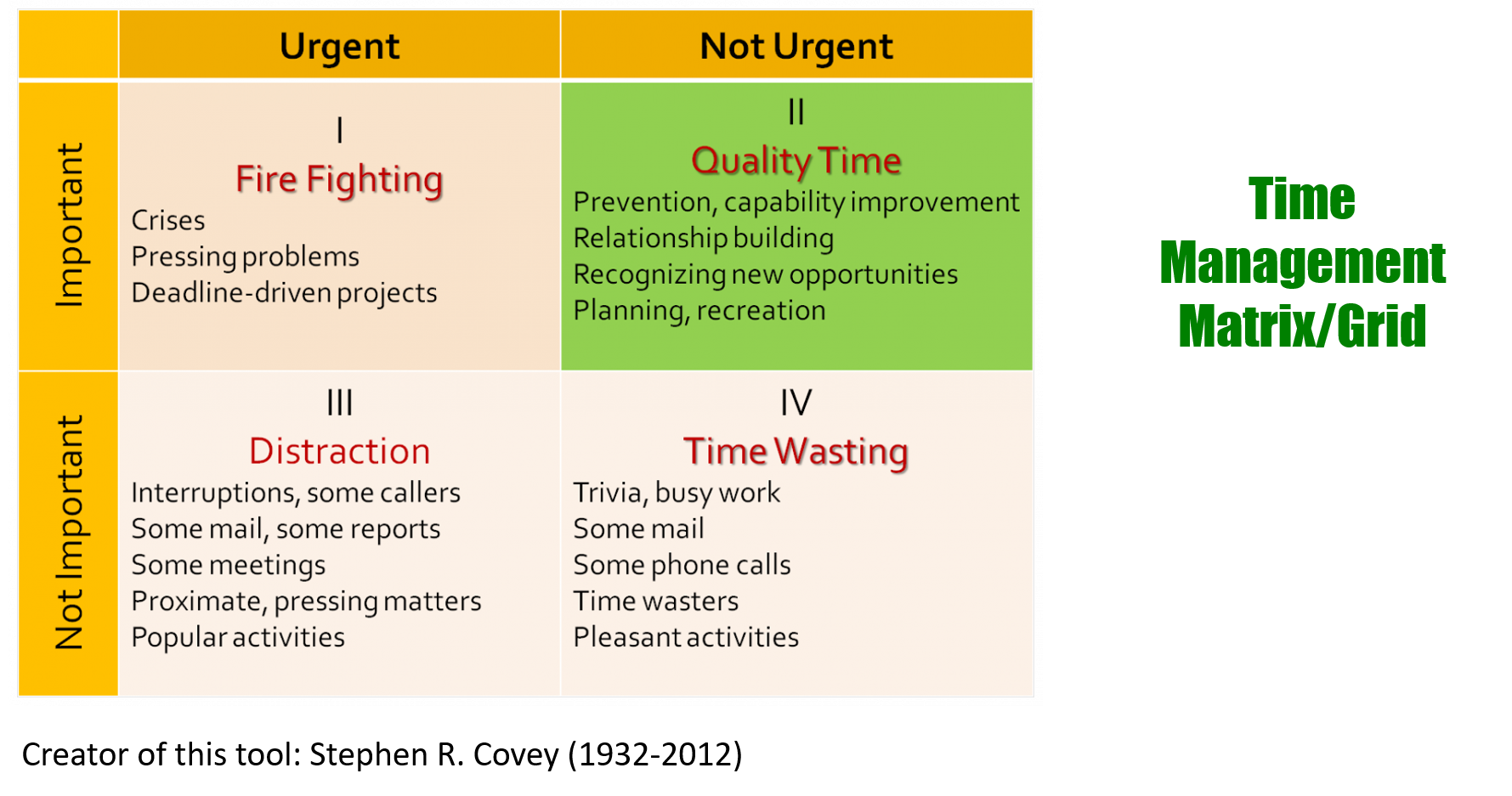Nike says, "Just Do It!"
While that may lead to better health, more energy and more fun it sure creates inefficiencies when it happens at work.
The tech gurus used to say, "Fail quick, fail often" and maybe they still say that. While that may promote curiosity, experimentation and learning it also can create havoc in the typical workplace.
Putting these sorts of slogans/advice together we have experienced a groundswell of advice promoting action without sufficient consideration of the appropriateness of that action.
In the old days, business consultants presented "Ready, Aim, Fire" analogies to help business people understand the need for thinking before doing...paraphrased, "Ready, Aim, Do". That advice was meaningful, specifically because it included the concept of 'aiming', which of course brings to mind pictures of 'aiming at targets'.
Business targets and goals are important. If in doubt, just ask any business consultant…or your boss…or your CEO. Targets and goals help us clarify where we want to go. With the end-point in mind we can figure out how we want to get there. Specifically, we can figure out what needs to be done to get there. Similarly, we can figure out what we don't want to do because we recognize some actions will not help us get to our goals.
While that all sounds simple enough, most people in business don't do it.
Most people do not test their actions against their goals.
Put another way, the 80/20 Rule applies: most business people spend most of their time (perhaps 80%) doing things that do not take them toward their goals.
Here are two practical tools that can be used to improve your “Ready, Aim, Fire”:
Personal Organization Tool #1

To be accurate, Pareto inspired tools like the one above. He recognized that in many situations 20% of the 'causes' generate 80% of the 'effects/results/outcomes'. The key message here is: when it comes to doing things, be discerning so you increase the likelihood your performance of work will deliver the results you desire.
Personal Organization Tool #2:

Stephen R. Covey understood tasks had 2 major dimensions: Importance and Urgency. He designed a simple matrix/grid to help people be more discerning when performing work tasks.
More details to follow...